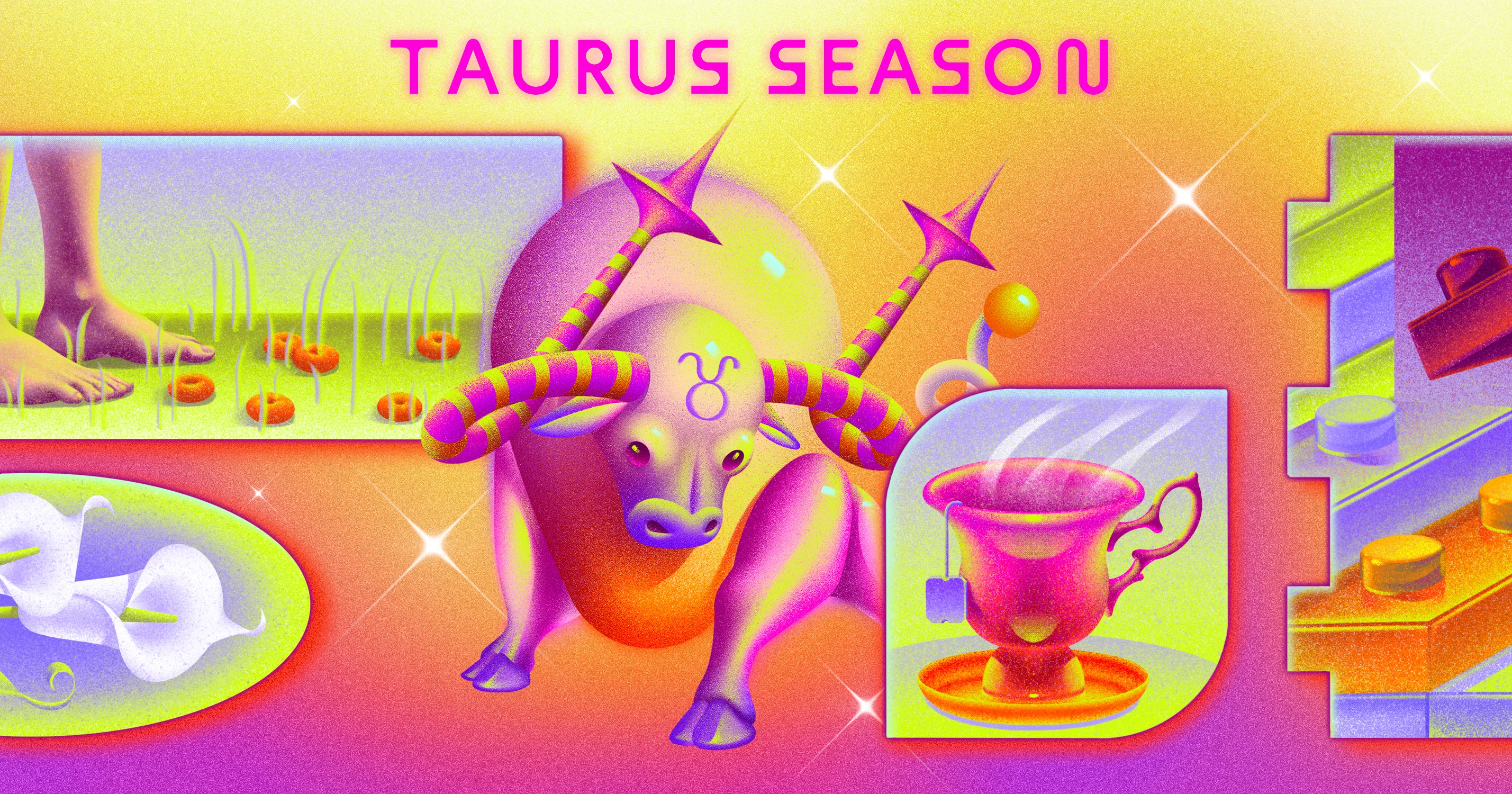Author Meredith Hambrock doesn’t hate children. She’s not a prima donna, infatuated with her own musical talent, and she certainly doesn’t wish any ill upon her local theatre influencers – no matter how irritating they may be.
All this to say: Hambrock couldn’t have less in common with Jessamyn St. Germain, the narrator of Hambrock’s edgy and taut new novel, She’s a Lamb!
Books we’re reading and loving this week: Globe staffers and readers share their book picks
Jessamyn is … a piece of work. She’s similar to the unnamed protagonist in Ottessa Moshfegh’s My Year of Rest and Relaxation, or Miranda in Mona Awad’s All’s Well, in that she knows she’s destined for greatness. It’s the world that’s holding her back, the people who don’t understand what it takes to become a star.
When Jessamyn finds herself stuck wrangling the kids in a low-budget production of The Sound of Music in Vancouver, she soon learns that there might be more to life than starring in a musical. That maybe, just maybe, she’s worthy of love beyond her destiny as a Tony Award winner. Or not.
The Globe and Mail spoke with the novelist over the phone about Jessamyn, the beauty of unreliable narrators and the uniquely gruelling environment that can accompany working in theatre.
She’s a Lamb! is a novel, not a memoir. But, like Jessamyn, you’ve spent some time working in the trenches of low-budget Vancouver theatre. How did those experiences inspire you?
I co-produced a show for fringe festivals in Vancouver and Edmonton, which gave me a little bit of a taste for the industry, and I worked as an usher at Arts Club Theatre Company for five years.
A lot of that is embellished in She’s a Lamb!, which is definitely fiction. But I was in that world for a few years, so I got to do some great shows and witness the highs and lows of Canadian theatre.
She’s a Lamb! centres a pretty crappy production of The Sound of Music. Why did you choose that show in particular as a backdrop to Jessamyn’s breakdown?
I worked The Sound of Music at Arts Club in 2019. It was a Christmas show, so it was that time of year when I needed to make money. I’d work every shift I could get, which often meant watching the show over and over again.
Listen: I really like The Sound of Music. But when you watch something 15, 16, 20 times, a critique starts to creep in, a little bit.
There’s just something about it. I’m a 37-year-old, child-free woman, and I’ve never wanted kids or a family. The idea in The Sound of Music, of a woman being torn apart by the life she wants, and sort of being forced into motherhood, became a horror story for me. And at the same time, I was starting to see more negative sentiment towards child-free women online.
All that combined to what you see in She’s a Lamb!. I think Jessamyn’s ambition, and wanting to perform and be in this leading role, is actually radically feminist, in a weird way.
‘It can be very difficult to negotiate with your own delusion, asking if you’re good enough, and if the work will ever be worthwhile, and if you’ll ever make it.’ECW Press/Supplied
Speaking of Jessamyn: She’s kind of a monster, right? She’s cruel to the people around her, and her actions become increasingly difficult to defend as the book becomes more and more violent. How did you get inside Jessamyn’s head?
I think that came from my own bitterness – I would come home from work and just be really frustrated or upset by something that had happened that day. There’s such an anger that can come from working in customer service.
When I started writing She’s a Lamb!, I thought it would be a romantic comedy – I thought this would be a story that saw Jessamyn work really hard, and become a better singer, and maybe date Captain Von Trapp, or something.
But something really angry emerged about this young woman and her negotiation with ego, and all the difficult parts of being a really gorgeous actor. I met some of those kinds of actors who worked in and around Vancouver at the time, and it kind of made my skin crawl. So Jessamyn coalesced into this very dark, mean, sort of aggressive and funny voice.
There’s a certain point in the book where it becomes clear that Jessamyn might not be especially talented. How did you decide to let your readers in on the joke of an unreliable narrator?
I think I want the audience to always be hoping that Jessamyn is a talented performer, or at least that she can get better.
It can be very difficult to negotiate with your own delusion, asking if you’re good enough, and if the work will ever be worthwhile, and if you’ll ever make it. I want the audience to be hopeful, but also experience the horror of realizing that some dreams just won’t come true – some things will never get better.
I don’t want to spoil the book. There’s a lot of violence that happens – I can say confidently that readers can probably clock the shift in Jessamyn before the violence occurs.
Did you always know the book would be violent?
No. There were fewer murders in the earlier drafts. I think the only thing I knew for certain was that someone would get pushed off the edge of Granville Island. I thought that would be a sort of ridiculous thing to happen.
This interview has been edited and condensed.












![18th Apr: Deep Impact (1998), 2hr 1m [PG-13] – Streaming Again (6.15/10)](https://occ-0-82-999.1.nflxso.net/dnm/api/v6/Qs00mKCpRvrkl3HZAN5KwEL1kpE/AAAABUCo8Yru0qZAdPQrFiw5RrTlxAvnDeu97ohMuO-gjWDeBgU9mRTYJy_80pem10hv_X_B-VebB12-hbLupLYE03awT1cwubxR_K_A.jpg?r=a65)

